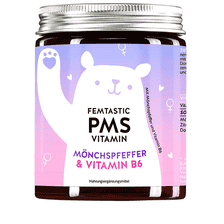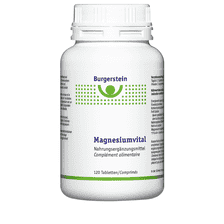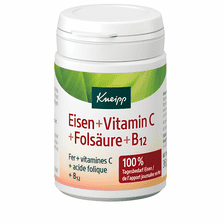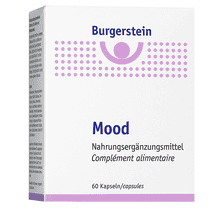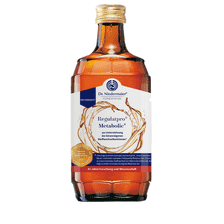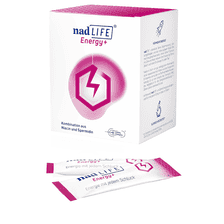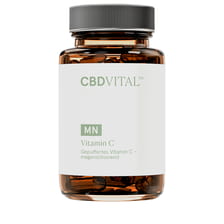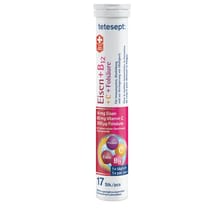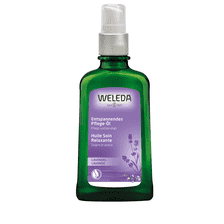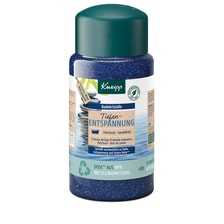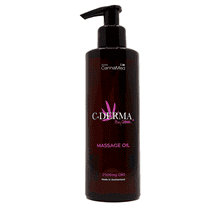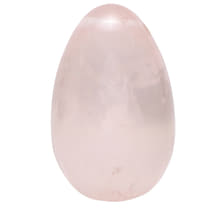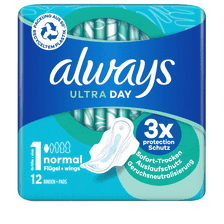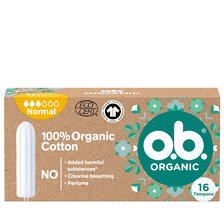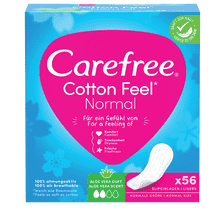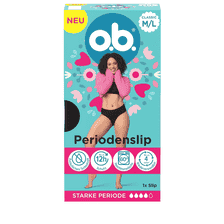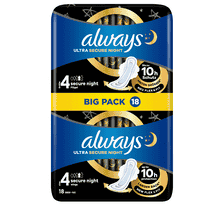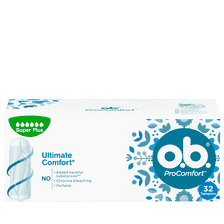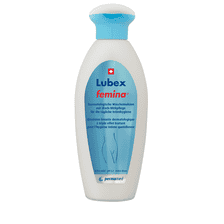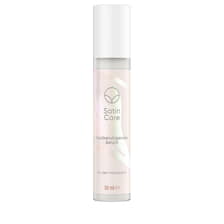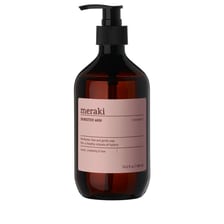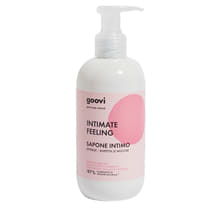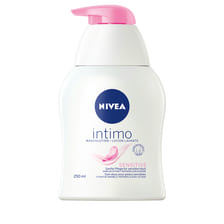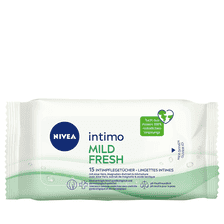| Scanning... |
THE FEMALE BODY IN FOCUS
For your well-being in every phase of your cycle
Every month, we go through different phases that affect our everyday lives to varying degrees. But what exactly happens in the individual phases? We'll be brief and try to give you an understanding of the cycle and its phases.
1st half of the cycle: The first day of the cycle begins with menstruation. This is followed by the build-up of the new mucous membrane. Several eggs mature at the same time as the mucous membrane builds up. This phase lasts from around day 1 to day 12.
Ovulation: In the second phase, the matured egg is expelled and transported into the fallopian tube, where fertilisation can take place. This phase lasts from around day 13 to day 16.
2nd half of the cycle: In the third phase, a corpus luteum forms at the site of egg formation, which thickens the lining of the uterus so that the egg can implant in the event of fertilisation. This phase lasts from day 17 to day 28. A new cycle begins with the onset of the next period.
COUNTING AND UNDERSTANDING THE CYCLE CORRECTLY
FOOD SUPPLEMENT
Magnesium is known for its antispasmodic properties, relieves muscle cramps and tension and helps to stabilise moods.
Monk's pepper, the ‘power plant of gynaecology’, supports hormone regulation, alleviates PMS symptoms such as breast tenderness and mood swings and normalises the menstrual cycle.
Iron is often supplemented during menstruation to re-energise the body. The blood lost during menstruation causes the body to lose a large amount of iron, which can result in a lack of energy and fatigue.
Vitamin B supports and strengthens the nerves. It helps to balance hormonal fluctuations so that fewer mood swings occur.
Vitamin C is particularly important during menstruation as it improves the body's absorption of iron.
SUPPORTING AIDS
FEMININE HYGIENE ARTICLES
PROPER INTIMATE CARE
💡 Less is often more, clear water is sufficient for a good clean in the vast majority of cases. If you want to use products for your intimate hygiene, make sure that they are specifically for the intimate area.
ADDITIONAL TIPS
Recommended foods that can alleviate discomfort during menstruation:
Bananas: are rich in magnesium and vitamin B6. Magnesium supports muscle function, has an antispasmodic effect and prevents tiredness. Vitamin B6 is responsible for the nerves and the production of hormones and red blood cells.
Cocoa: During menstruation, many women have an increased desire for chocolate. Unfortunately, chocolate contains a lot of fat and sugar. Real cocoa, on the other hand, can be helpful for menstrual cramps.
Iron-rich foods: such as red meat, pulses, nuts and spinach help to maintain energy balance.
Healthy fatty acids: such as omega 3 and 6, which are found in nuts, avocados and seeds.
Spices: such as cinnamon and ginger warm from the inside, relax and reduce abdominal pain.
Nettle tea: Nettles have long been used in naturopathy for their diuretic and draining effects. Drink a cup of tea with nettle herb several times a day.
Note: These recommendations are for your information only and do not replace medical or nutritional advice from specialised personnel.







